Twenty years ago, a tragic event changed the direction of my life. Three teenagers from the banlieue of Clichy-sous-Bois, north of Paris, were returning from a football game one afternoon in late October 2005 when they were chased by police. Zyed Benna, Bouna Traoré and Muhittin Altun had done nothing wrong (an inquiry later confirmed this) but were so disoriented by fear of the police, they hid in an electricity substation. In an awful twist of fate, Zyed and Bouna died by electric shock on 27 October 2005, while Muhittin was severely burned – and scarred for life by the ordeal.
Their deaths led to rioting across France – the worst in years. The episode also turned me into a fully committed activist against racism and inequality. Yet for some politicians the response was to criminalise the victims. The interior minister at the time for example, Nicolas Sarkozy. He initially suggested the teenagers had committed burglary and then declared: “When you have nothing to hide, you have nothing to fear from the police.”
Sarkozy preached a hardline, zero-tolerance approach when it came to criminality. You would think therefore that he would accept his own punishment without complaint. Because today, it is Sarkozy who finds himself behind bars.
The former president’s jailing is remarkable: apart from Louis XVI, executed during the revolution, and Philippe Pétain, imprisoned for collaborating with Nazi Germany, no French head of state has ever before served a prison sentence. But the president of the court held that Sarkozy’s offences were “exceptionally serious acts, likely to undermine citizens’ trust in those who represent them”.
What exactly, are these grave offences attributed to our former president?
Sarkozy was convicted and sentenced to five years in prison for criminal conspiracy in the so-called Libyan campaign-funding case, relating to his 2007 presidential campaign (he denies wrongdoing and has appealed). He was found guilty of having entered into a pact with Muammar Gaddafi’s regime to secure illegal financing for that campaign. He is said to have allowed close associates to make promises to Libya, notably maintaining contacts with Abdullah al-Senussi – Gaddafi’s brother-in-law, and a terrorist convicted in France for the 1989 bombing of a Paris-bound airliner that killed 170 people. The families of those killed in the attack were deemed by the judges to be victims of this corrupt pact.
But despite a decade-long investigation (and revelations published by Mediapart as early as 2011), the involvement of about 100 magistrates and a 400-page judgment, Sarkozy denounced his conviction as a “violation of the rule of law”.
An astonishing number of high-profile supporters rushed to his defence.
Immediately after his conviction and before he entered prison, Gérald Darmanin, the justice minister, paid him a visit, claiming he had done so merely “as a friend” and expressing “a great sadness for Nicolas Sarkozy”. Despite warnings from senior judges about potentially undermining the independence of the judiciary, Darmanin followed this up on Wednesday with a visit to his former mentor, in prison. This has now prompted a lawsuit against the justice minister from a group of 30 lawyers accusing him of bias.
Other parts of the political class joined in the outpouring of support. While the mayor of Nice announced his intention to name a square in the city after Sarkozy, Emmanuel Macron himself received the former president at the Elysée before his incarceration.
Sarkozy was even able to host a farewell gathering, while his family organised a public send-off, where people applauded as he left his home on the day he was taken into custody – some shouting: “Shame on the justice system!”
From the moment the verdict was announced, media outlets, almost in unison, handed the microphone to those not only denouncing the court’s decision but insisting on his innocence. To me, one particular testimony perfectly captures the mindset behind this outcry. A close friend of Sarkozy lamented on a radio show that prison is “a shock for people like us, its terrible,” before concluding: “We’re not made for that, we’re not animals.” Leaving aside the speciesist undertone of that remark, who, then, are the “animals” deemed deserving of prison?
Probably those who cannot afford to have their relatives on the airwaves to defend them. It is worth recalling that criminal conspiracy is punishable by up to 10 years in prison – twice the sentence Sarkozy received.
In France, almost a third of all those in prison are, like Sarkozy, awaiting judgement , and every day hundreds are placed in custody under immediate enforcement orders. In 2022, for prison sentences of two years or more, the rate of immediate enforcement was 88%. The court granted Sarkozy a privilege rarely afforded to ordinary citizens: he was not locked up immediately, but given several weeks to prepare for his detention, during which he attended his daughter’s birthday.
The French government has been condemned on numerous occasions for the excessive length of pre-trial detention. Did Sarkozy’s friends ever before express concern about that?
Worse still, last month France’s chief inspector of prisons warned of the “alarming state of disrepair” of many French prisons, plagued by infestations of cockroaches, rats or bedbugs – conditions that infringe the fundamental rights of those held in detention.
While Sarkozy, for obvious security reasons, has been given a private cell, France ranks second in the EU for prison overcrowding – a serious affront to human dignity.
Our principles are violated on a daily basis in our prisons. I am convinced of the intrinsic ineffectiveness of the prison system. I made that case in the foreword of a recently translated collection of essays about prison abolition. I want a profound rethink of justice – one that is reparative, not dehumanising, and that allows victims to seek more than society’s vengeance on their behalf.
But Sarkozy’s political career was defined by an uncompromisingly punitive stance on crime, particularly against repeat offenders. Yet he himself now faces his second custodial sentence – the first served by wearing an electronic tag. Today, he is subject to the very penal system he so zealously promoted. Its philosophy is the same one that 20 years ago drove police officers to chase down innocent boys – leading to the deaths of Zyed and Bouna.
It is striking, to say the least, to see those who constantly decry the supposed leniency of the justice system – and, like Darmanin, call daily for harsher laws – suddenly decide that such reasoning should not apply to Sarkozy. It is the reaction of the caste, revealing a belief that some lives are unworthy and may endure the cruelty of inhumane detention conditions, while others ought to be spared.
The case is serious: a French head of state has been convicted of a criminal conspiracy to receive funding from a foreign power that carried out acts of terrorism against its own citizens. More serious still is to hear this man – who has always championed tougher criminal sentencing – now give the impression he believes he is above the law.
-
Rokhaya Diallo is a Guardian Europe columnist


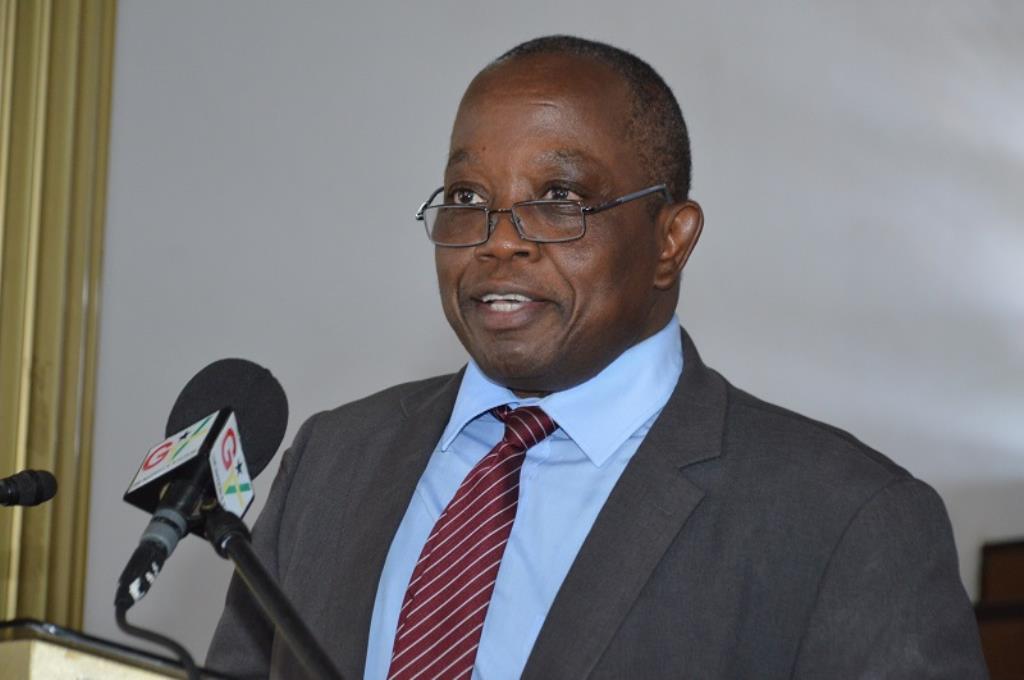

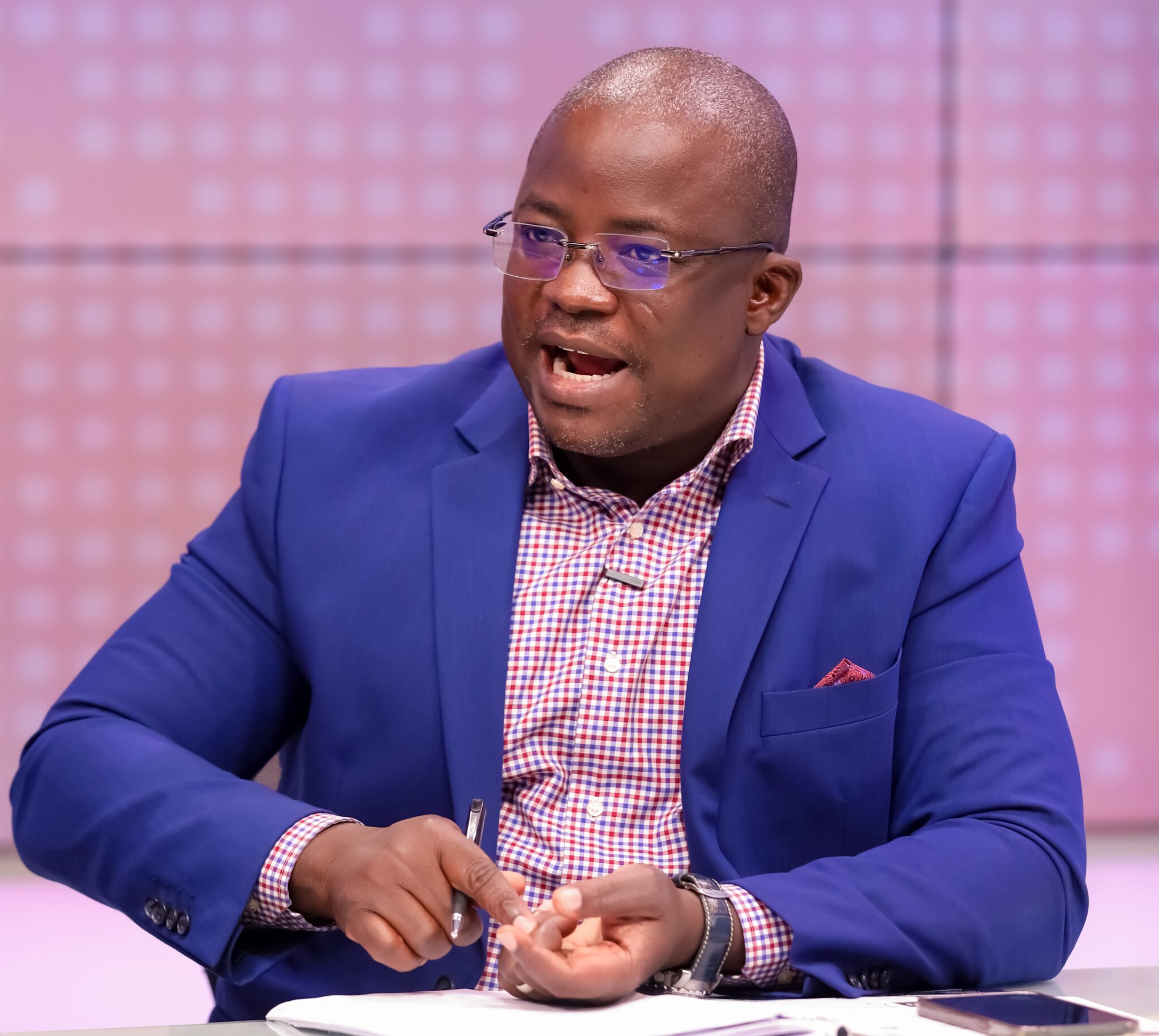
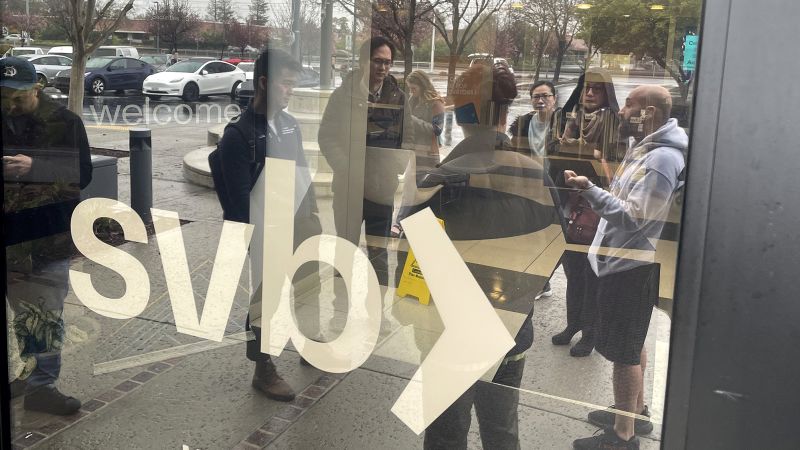
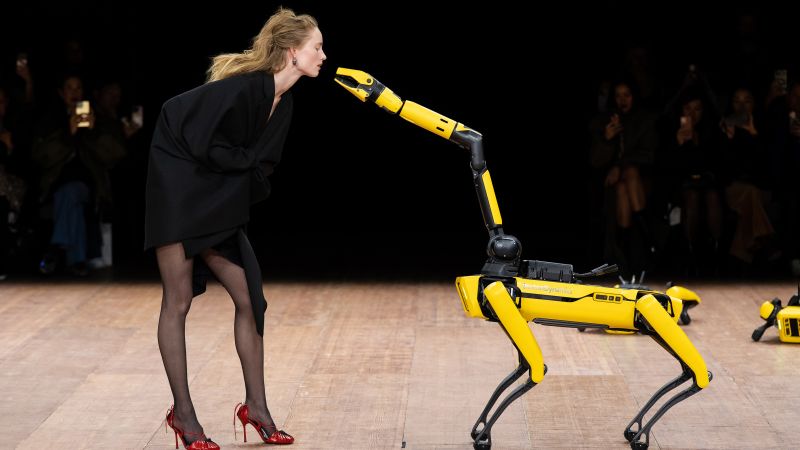
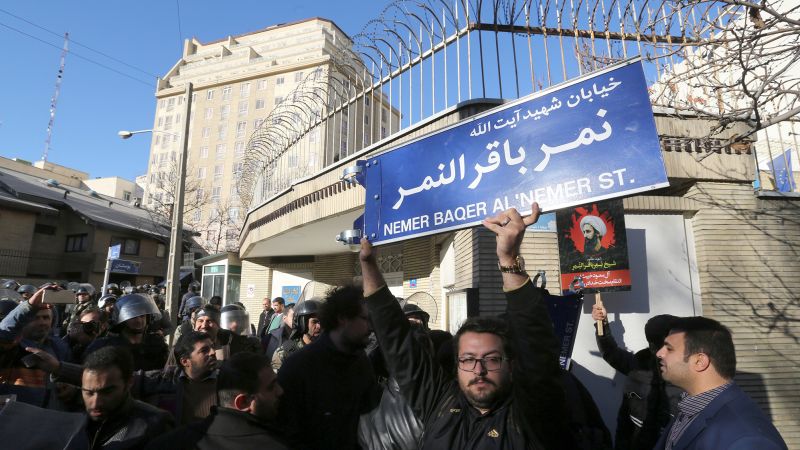
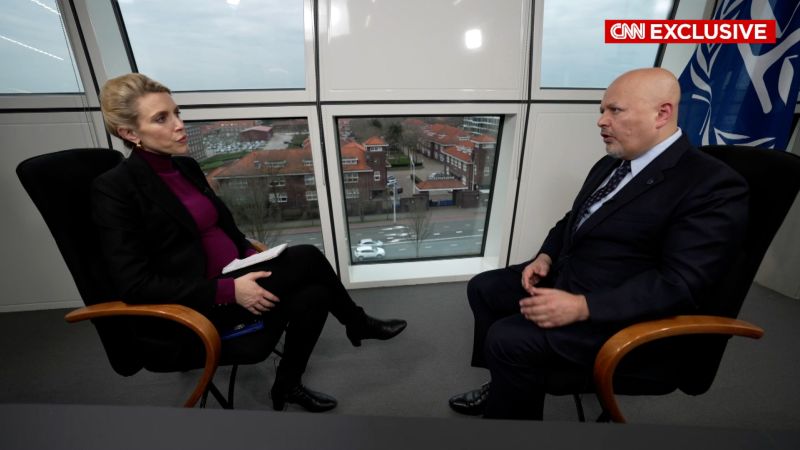
 English (US)
English (US)